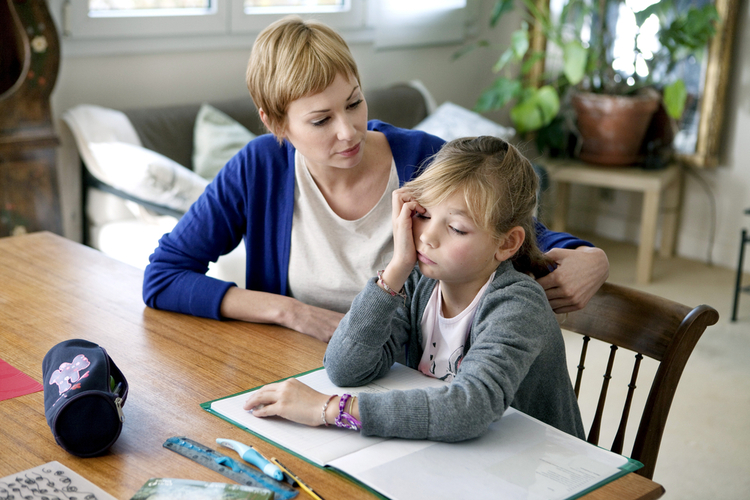
Homework: An Essential Part of Education

Homework is an essential part of education most would argue…or would they?
There are those who would argue it widens the achievement gap and has possibly wider implications. As a result, some countries are considering banning homework altogether. So is it time we in the UK followed suit?
For and Against Homework – The Jury’s Still Out
But today many question these methods; there are those for, and those against homework. France is looking closely at this controversial issue, and is not the only country to be doing so. Denmark recently piloted a number of “homework-free” schools, who all reported a fall in dropout rates and a rise in overall grades.
However, if we look at South Korean school children who put in many hours of extra study both at home and in private tuition, we see they achieve some of the highest maths, science and reading scores anywhere in the developed world. But they also have highest youth suicide rate, although it is not confirmed the two factors are in anyway related, one still wonders just how much the stress and pressure of schoolwork may have affected their mental health and therefore their actions.
Clearly, views differ on this emotive and controversial subject, but what is the answer – is homework a waste of the learner’s time, as well as a waste of the teacher’s time? Here we’ll take a look at the issue in a little more detail, try and make sense of it all, once and for all…
Those in the pro homework camp will say homework is without doubt beneficial. Individualised assignments that tap into students’ existing skills and interests are inspirational and motivating. In elementary level, homework will help a student develop his or her study skills, habits and improve time management skills – homework also helps keep families informed about their child’s learning progress. At secondary school level, student homework is associated with greater academic achievement, and a step toward further education and study.
Scrapped Guidelines – Homework, as and when?
When Michael Gove, the former Education Secretary, scrapped national guidelines that set out how much time children should spend doing homework each day, head teachers were given free rein to decide how much extra study, if any, their pupils would require.
However, in today’s climate of increased Ofsted scrutiny, inspections, league tables, and forced academy conversions for schools deemed to be underperforming, homework is seen as essential in efforts to improve academic achievements.
The scrapped guidelines suggested pupils from the age of four should be doing around one hour of homework each week, stretching to 30 minutes a day for pupils in Years 5 and 6. They further recommended that pupils in their first year of secondary should be doing up to 90 minutes homework a night – and up to two and a half hours for those studying GCSE.
Homework Complaints
Many teachers are today questioning whether home work is helpful to a student’s education. Recent research would indicate that instead of improving pupil’s grades, it actually reduces a teacher’s effectiveness in the classroom and inhibits a student’s learning. The out of school time that teachers spend in planning, setting and marking homework each week, totals between 10-12 hours.
Teachers continuously complain about having to chase up homework and feel it causes friction and upset – both detrimental to harmony and peace within the classroom. Parents complain that too much homework makes children anxious and stressed, and leaves too little time for family and play.
Now, some head teachers are taking decisive steps as reported in The Telegraph recently when Elizabeth Bradshaw, the head teacher of Frittenden Church of England Primary, in Kent, banned homework completely saying “We had feedback from parents, or notes to the teachers, saying ‘my child is very worried that they haven’t completed it on time’, or the child would come in to the classroom in tears because they had left it in the car. We simply wanted to remove that stress and focus on the learning for that week in a homework club where it is done, marked, and informs the learning of the next week.” Following this lead, more and more primary schools look set to abandon traditional homework.
What’s your views on this subject? Are you for or against the idea of banning homework completely?
Reesoneducation.com has exclusive relationships with a large number of London’s best maintained and independent schools providing you with opportunities that you will not be able to find anywhere else. If you love teaching and are thinking about taking on a new challenge, then visit our website and take a look at our current teaching vacancies.

